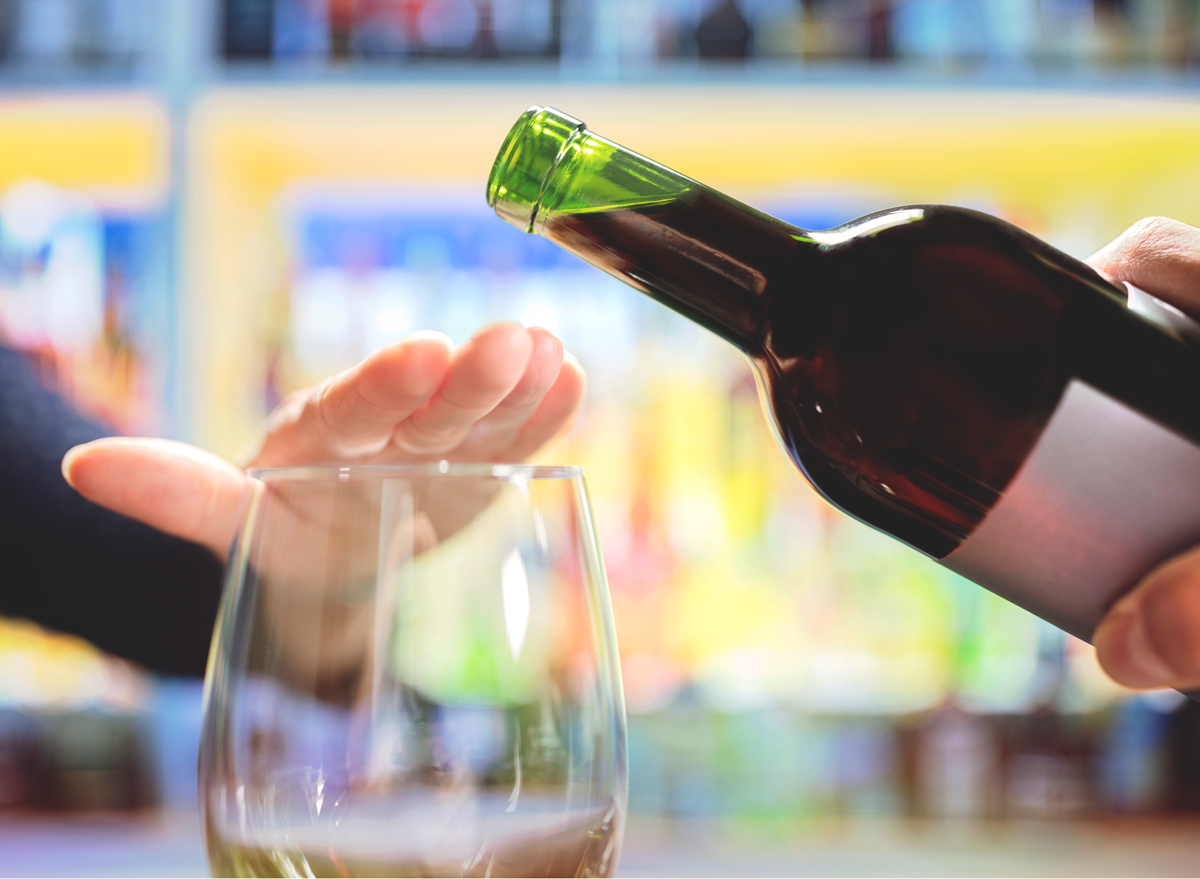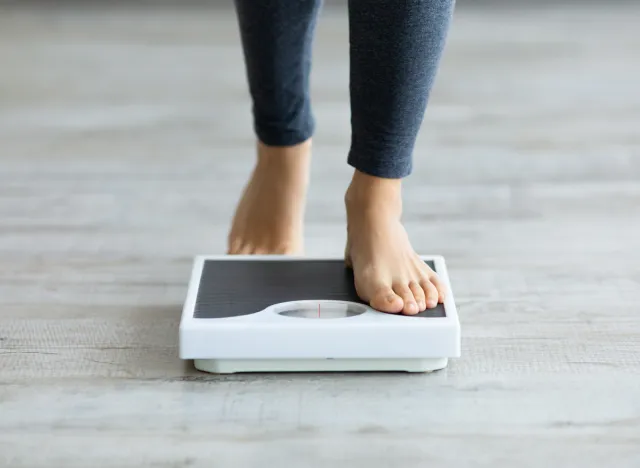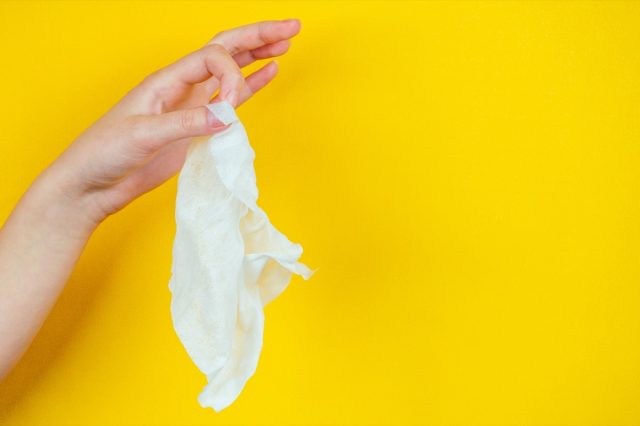6 Incredible Effects Of Giving Up Alcohol for One Month

With some New Year’s resolutions, it can take a little more time than a month to see results (building muscle and losing weight, we’re looking at you). However, giving up alcohol for one month can lead to very noticeable changes.
Dry January, or giving up booze for the first month of the year, is a popular New Year’s resolution people commit themselves to that can have a host of benefits. (You can even increase your chances of losing weight if this is one of your main health concerns.)
Some people are also trying a new trend called “Damp January,” which is more about limiting your consumption of alcohol, rather than completely cutting it out. There is no set rule for how much alcohol you can have during a damp month, but it can range from one serving of alcohol every week to potentially just enjoying a drink at special occasions. For some, doing a damp month over a dry one may be a better choice, especially if you have a history of disordered eating or struggle with highly-restrictive goals and behaviors. But, other people may enjoy a more clear-cut boundary of going cold turkey with a dry month.
Either way, significantly reducing or completely giving up alcohol for a month can offer a huge range of health benefits. So, we asked nutrition experts for some of the effects you may experience by the end of the month when you keep the wine bottles on the rack or beer in the fridge.
You may feel happier

“Alcohol is technically a depressant, and including it in your diet may cause some people to feel negative mental side effects once the initial effects of the booze wear off,” says Lauren Manaker, MS, RDN, registered dietitian and a member of our Medical Expert Board. “Giving up alcohol for a month may actually feel happier and have improved mental health.”
In fact, one study from the Canadian Medical Journal Association found that those who either always abstained from drinking or stopped drinking it reported having better quality of life and “greater improvement in [their] mental well-being.”
You may lose weight

Alcohol contains more calories per gram (7 calories per gram) than two common macronutrients, protein and carbs, which are just 4 calories per gram. “And since taking in too many calories can contribute to weight gain, cutting the booze may support your weight loss journey. This is especially true if you tend to sip on super-sugary and caloric drinks like a fruity piña colada, so cutting your booze may save some significant liquid calories,” says Manaker.
There’s more than one way that cutting alcohol out for one month can help you lose weight. A body of evidence supports that people tend to consume more calories from food when drinking alcohol, which can ultimately lead to weight gain. However, studies have yet to determine a clear cause-and-effect association.
You may sleep better

While you may feel like a glass of wine before bed can help you wind down and fall asleep more easily, alcohol generally has a negative effect on sleep quality.
“Excessive alcohol intake inhibits normal regulation of circadian proteins and genes, and it can take weeks for this to get back to normal. In other words, your beauty sleep is the victim and pays the price when you party,” says Daina Trout, MS, MPH, the co-Founder and chief mission officer at Health-Ade, who has Master’s degrees in nutrition and public health.
As Trout explains, it takes time for your sleep schedule to get back to normal after a long period of drinking. So if you cut out alcohol for one month, you may notice more restful sleep after 31 days!
You may reset your digestion

Have you been experiencing bloating and other digestive issues recently? Cutting out alcohol for a month may be one way to alleviate this digestive distress.
“Excessive alcohol inhibits normal production of digestive enzymes, which means they can’t break down what you eat, and food is left to sit undigested in your belly. This not only damages the stomach lining, but it also produces unwanted gases, bloating, and indigestion—not fun!” says Trout.
You may calm your joint and skin flare-ups

Side effects of inflammation, like skin issues and joint pain, may melt away over the course of the month when you ditch booze.
“Excessive alcohol injures the intestinal wall upon contact, causing inflammation locally and all over the body,” says Trout. “A few bad nights can actually cause chronic and persistent inflammation in your body—so what you were calling aging and bad skin might actually be the booze!”
For example, one study of over 3,000 women found that participants who had more than eight alcoholic drinks a week had significantly increased upper facial lines, under-eye puffiness, mid-face volume loss, and blood vessels than those who drank less or not at all. While you may not experience a complete anti-aging reversal after a month, taking this month off may encourage you to keep alcohol intake to a minimum to support healthy aging.
You’ll strengthen your ability to fight infection

Support your body’s natural immune defenses by giving up alcohol during the month of January. “Excessive alcohol changes the gut flora in your microbiome for the worse, and quickly. These changes weaken your body’s defenses, and put you at heightened risk for getting sick!” says Trout.
A previous version of this story was published on May 31, 2022. It has been updated to include additional copy and proofreading revisions, a new image, and updates to any irrelevant or broken links.









